California three strikes law is a sentencing scheme that adds significant time to the prison sentences of certain repeat offenders convicted of felonies.
The three strikes law is designed to ensure longer prison sentences and greater punishment for those who commit a felony and have been previously convicted of serious and/or violent offenses.
The law targets both second strikers as well as third strikers. It also implements other punitive measures such as eliminating the possibility of probation and limiting a striker inmate’s ability to earn custody credits.
Under California’s three strikes law, if a person is convicted of any felony, and has two or more convictions for strike offenses, he or she must be sentenced to at least 25 years to life in prison.
If a person is convicted of any felony and has one strike prior, that person must be sentenced to double the prison term on the current conviction.
A second striker must complete 80% of the sentence before being eligible for release. Completion of 85% of the sentence is mandatory if the inmate is convicted of a violent felony. Third strikers do not receive any custody credits.
A prior conviction counts as a strike if it was for a serious or violent felony as defined in the California Penal Code.
Thankfully, there is room for discretion even within the very strict three strikes law. The prosecutor and judge can move to dismiss strikes in “furtherance of justice”. The defense attorney can also ask the court to strike a strike by filing a Romero motion.
Fill out the form below
and we will touch with you soon.
